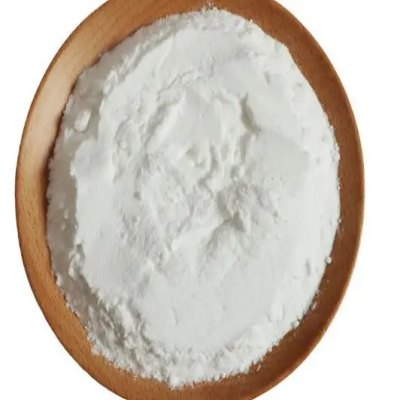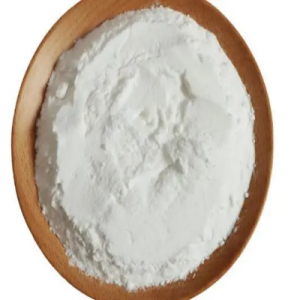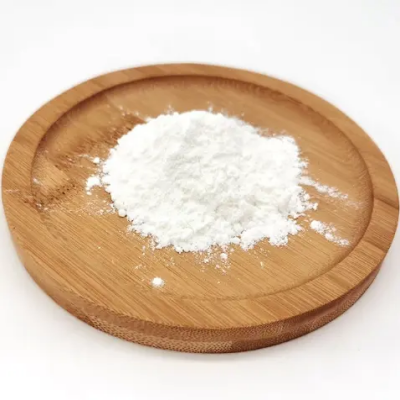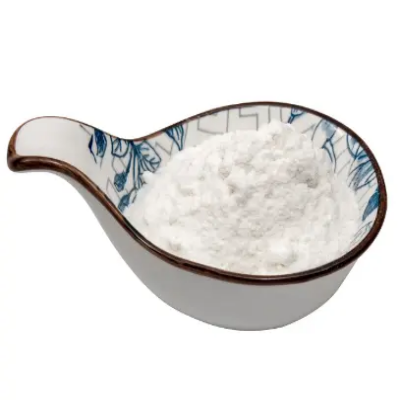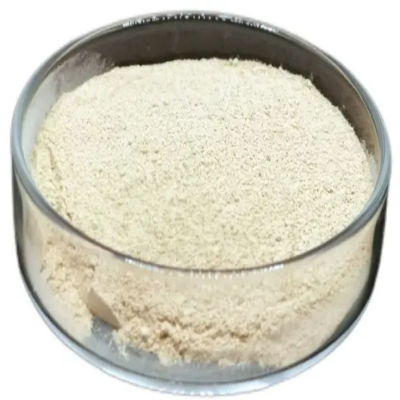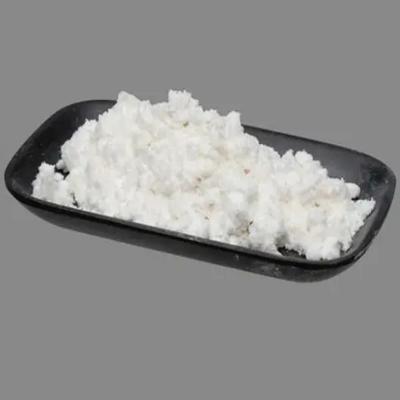Florfenicol CAS:73231-34-2
Florfenicol is utilized in veterinary medicine to treat respiratory infections, enteric infections, mastitis, and other bacterial diseases in a wide range of animal species. It is particularly beneficial in cases where infections are caused by bacteria resistant to other antibiotics or when a broad-spectrum antibiotic is needed for comprehensive coverage. Veterinarians may prescribe florfenicol to address bacterial infections in cattle, pigs, poultry, fish, and other animals, either through oral administration, injection, or incorporation into feed formulations. The dosage and duration of treatment are determined based on the specific condition being treated, the severity of the infection, and the species of animal. Proper dosing and adherence to treatment protocols are crucial to ensure the effectiveness of florfenicol therapy and minimize the development of antibiotic resistance. Monitoring for any signs of adverse reactions or lack of response to treatment is essential during the course of therapy. While generally well-tolerated, common side effects of florfenicol in animals may include gastrointestinal upset, allergic reactions, or local injection site reactions. Veterinary professionals play a key role in overseeing the appropriate use of florfenicol, conducting regular evaluations, and providing guidance on sustainable antibiotic stewardship practices in animal health care.



| Composition | C12H14Cl2FNO4S |
| Assay | 99% |
| Appearance | white powder |
| CAS No. | 73231-34-2 |
| Packing | Small and bulk |
| Shelf Life | 2 years |
| Storage | Store in cool and dry area |
| Certification | ISO. |


